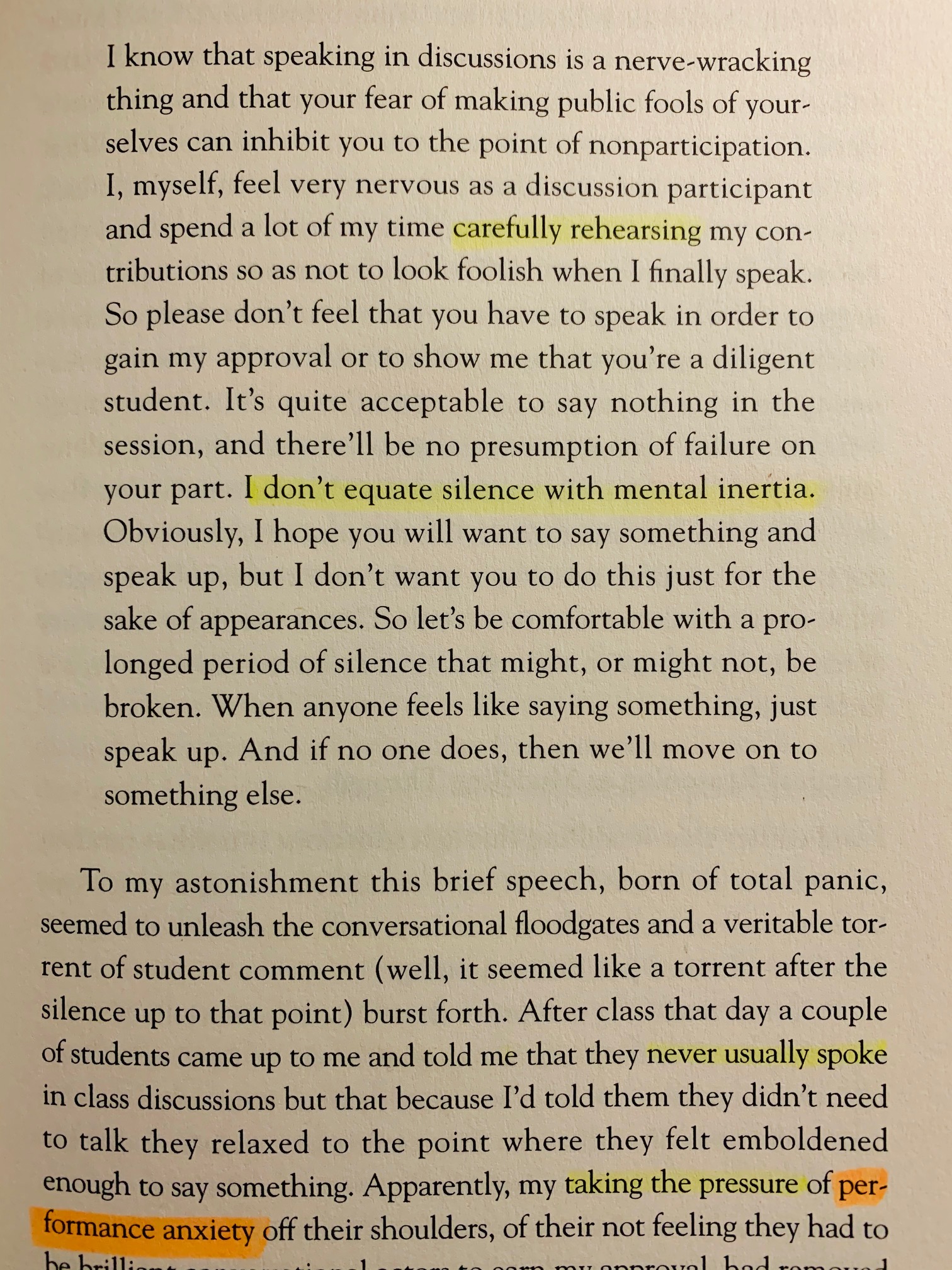Many of my students are not familiar with sharing their opinions opening, so I feel I'll need to integrate guidance in the course design to create create blog-type entries. In the last FLO Design course, a weekly reflection question appeared on Wednesday. These were in a read-only Forum and I enjoyed and learned reading everyone's answers to the same question. I feel adding these types of reflective questions each week will be an ideal way to integrate reflective practices in the online technical English course I'm designing now.
This question appeared in the FLO Design course for the first week was
What has been the most interesting/ engaging/ impactful thing you have experienced in the course in week 1? Why did it have this impact on you?
I feel this will be an ideal way to integrate reflective practices in the online technical English course I'm designing now. My question is with the course being 12-weeks long I wonder if having a reflective question each week might become too repetitive.
- Is there any similar type of guiding activity I could use later in the course?
Students here have difficulty answering, "why do you think this is true, or how do you know this is true?" My thinking is to change the questions to more complex why questions. To enhance the community in the course, instructors will also hare their answers to the questions in the Forum. Adding reflective guidance in the course is an exciting idea I feel the students will enjoy since it is very different from their previous schooling.
- Please share any suggestions about specific questions that worked for your classes.
Doug
